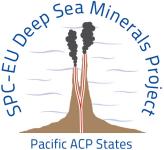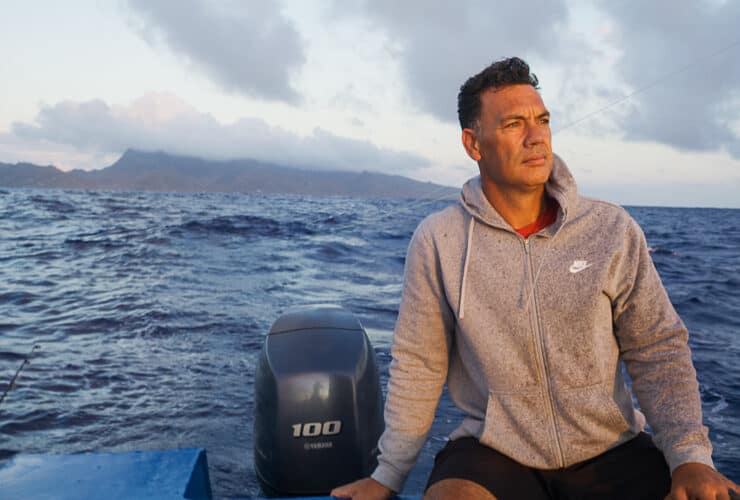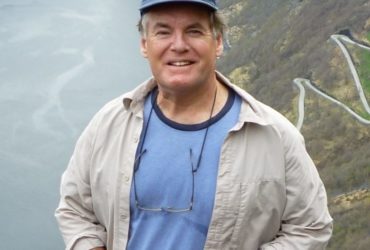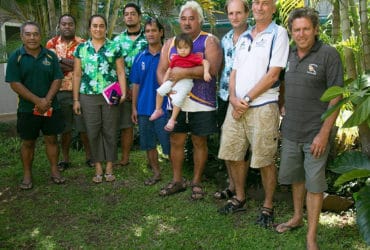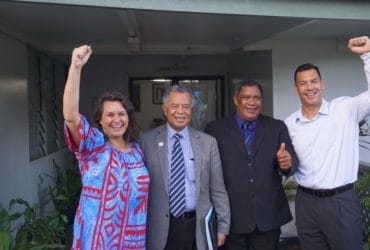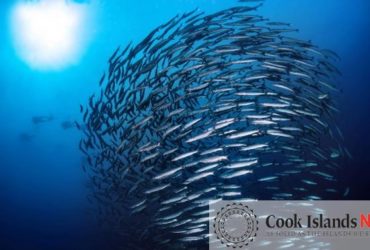Social Impacts of Deep Sea Mineral Activities and Stakeholder Participation’ regional workshop
Te Ipukarea Society representative Teina Mackenzie was at the Social Impacts of Deep Sea Mineral Activities and Stakeholder Participation’ regional workshop recently in Vanuatu.
She said the regional workshop provided a great opportunity for countries to understand the many factors that influence sound decisions and the need to encourage broad participation.
“Discussing the issues regarding economic development, and to what extent they may or may not supersede the need to proceed with caution when there are many social factors that will be affected, is a great start,” she says.
Pelenatita Kara from the Civil Society Forum of Tonga, says she will endeavour to use knowledge from the training to create a platform for public consultation and dialogue where civil society organisations, the wider community, the private sector and government can continue to discuss deep sea minerals issues.
“I hope everyone else will do this as well so we can make use of the excellent strategies and framework proposed during this week’s training. We are looking at being as inclusive as we can to ensure we maximize the chances for people to get their queries clarified and have both government and companies table their cases,” she said.
Margaret Aulda, environment officer for Papua New Guinea’s Mineral Resources Authority says the main objective of the workshop was to bring the different stakeholders together in one room to talk about the potential social impacts of deep sea mining activities.
“I think that deep sea mining risks should be thoroughly identified and mitigation and management measure should be developed to addresses these risks. Concerned parties should always be updated through constant consultation and awareness. There has to be transparent and effective consultation between all stakeholders and this process can be achievable if countries have legislation and policies in place that can give effects and legality to the whole process. At the end of the day the onus is with the government of the day to decide in the best interest of its people,” she says.
The Pacific Deep Sea Minerals Project is the first major initiative designed to regulate this new activity in a co-ordinated way within the Pacific region. The project is funded by the European Union and managed by SOPAC, the Applied Geoscience & Technology Division of the Secretariat of the Pacific Community. Tawake says the project is to provide countries with the relevant information and advice they need to make informed decisions about deep sea mining within their national jurisdictions.
“I think it’s fair to say that Pacific Island countries still need to do more work to help the wider public to understand the potential benefits and impacts of any deep sea mining activities that may occur within the territorial waters and Exclusive Economic Zones of these countries,” he says.

“The SPC-EU DSM Project is advocating the application of the precautionary approach in all deep sea mineral activities.”


